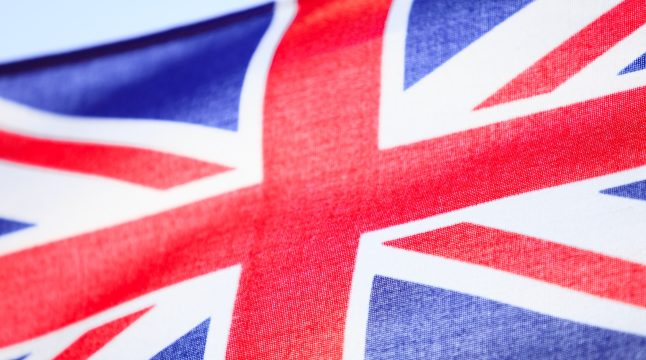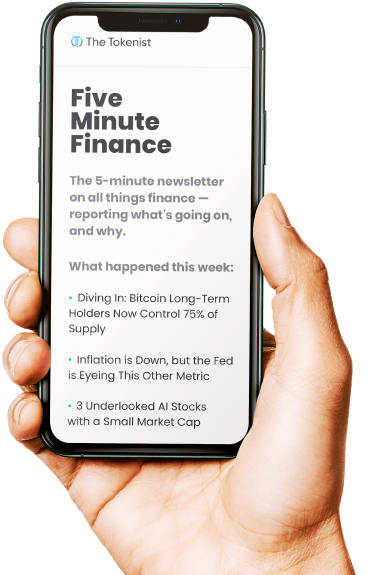
UK Stocks Fall, Sterling Gains After Shocking Inflation Report
UK stocks tumbled on Wednesday after the most recent data showed inflation witnessed a sharper-than-expected increase in December, raising concerns that the Bank of England (BoE) may delay its first rate cut. Bond yields and the British pound rose higher on the report.
UK CPI Sees First Acceleration in 10 Months
The annual inflation rate in Britain increased to 4% in December, compared to 3.9% in the month prior, diminishing the likelihood of the much-anticipated early rate cut by the Bank of England.
The acceleration, the first in 10 months, is attributed to a notable spike in tobacco duty and a more significant impact from seasonal airfare increases. Economists polled by Reuters expected the annual consumer price inflation (CPI) to drop to 3.8% in December.
The reading shocked investors and economists, given that the BoE hiked interest rates 14 times between December 2021 and August 2023, propelling rates to 5.25%, the highest point in 15 years. The bank embarked on an aggressive rate-hiking campaign after inflation soared to a 41-year high of 11.1% in late 2022.
Inflationary pressures began easing faster than expected in the latter part of 2023, leading to growing convictions among economists that it would retreat to the BoE’s 2% target by April or May this year – roughly 18 months sooner than the central bank initially predicted. However, the latest reading complicates the policymakers’ jobs, potentially forcing them to delay the planned rate cuts.
“Market expectations for interest rates have been scaled back this week, and there are now just under 5 interest rate cuts priced in for the U.K. economy between May and the end of 2024. If the trend in rising prices continues, then we could see rate cut expectations scaled back even further.”
– said Kathleen Brooks at XTB Online Trading.
Interest rate futures suggest an approximately 60% likelihood of the BoE commencing rate cuts by mid-May, marking a decrease from slightly over 80% recorded late Tuesday.
Bond Yields, Sterling Edge Higher on Inflation Data, Stocks Retreat
The higher-than-anticipated inflation data triggered an immediate reaction in the markets, with sterling and British government bond yields increasing after the report. The pound rose to 1.27 against the dollar, while the UK 10-year gilt climbed to 3.91%.
Meanwhile, the FTSE 100 – market index tracking the biggest 100 companies listed on the London Stock Exchange – fell more than 1.7% on the day to the lowest mark since late November.
The December inflation data in the UK aligns with upward trends observed in the eurozone and the US. Notably, unlike in 2023, British inflation is now more in line with other major advanced economies.
Do you think the BoE will opt to keep interest rates higher for longer following the latest inflation data release? Let us know in the comments below.
Disclaimer: The author does not hold or have a position in any securities discussed in the article.




